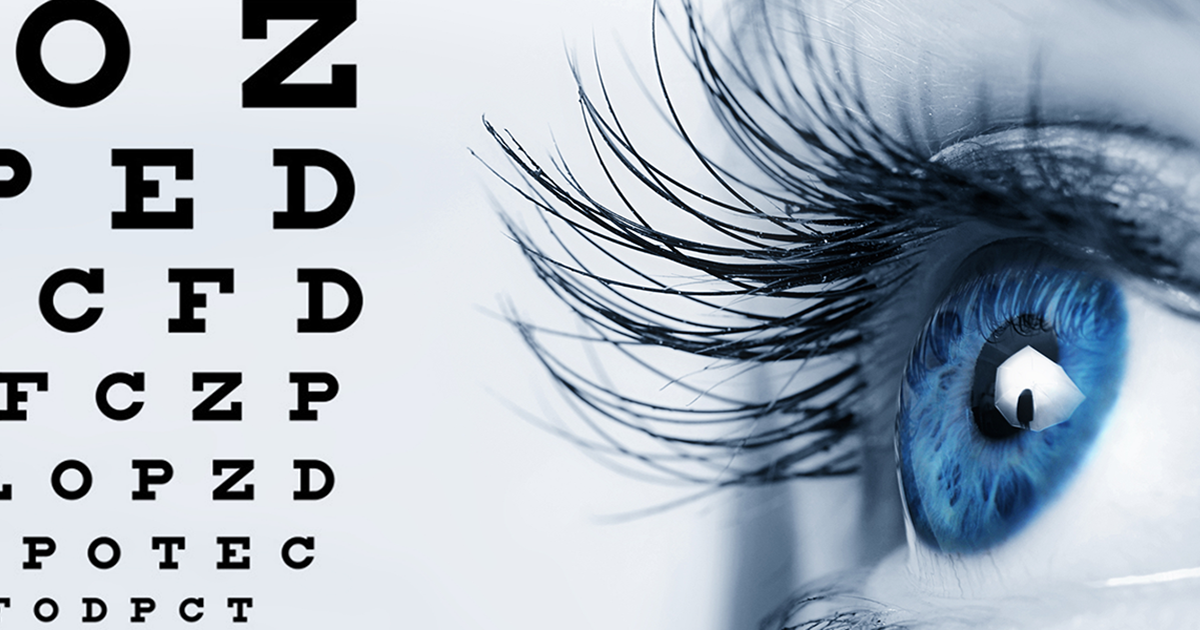Premier Eyecare Near Me: Specialist Vision Providers Available
Premier Eyecare Near Me: Specialist Vision Providers Available
Blog Article
Recognizing the Various Eye Issues Treated by Specialized Eye Care Professionals
In the world of eye care, specialized professionals play an essential duty in identifying and treating a large range of eye problems. From typical refractive mistakes that impact vision clarity to age-related problems that position obstacles as we age, the competence of these professionals expands to managing vision-threatening conditions and elaborate corneal problems. The intricacies of neurological eye conditions present one-of-a-kind challenges that require specialized care. As we begin on this expedition of the various eye problems addressed by specialized eye care specialists, it becomes obvious that the intricate web of eye health holds a myriad of interesting understandings waiting to be uncovered.
Common Refractive Errors
Refractive mistakes are usual visual problems created by an imperfection in the eye's capability to appropriately concentrate light, resulting in obscured vision. Astigmatism is identified by an irregularly shaped cornea, resulting in distorted or obscured vision at all ranges. Presbyopia is an age-related problem where the lens sheds its adaptability, making it difficult to concentrate on close things.
These refractive mistakes can be corrected via different methods, consisting of eyeglasses, call lenses, or refractive surgical treatment. Eye care experts play an essential duty in diagnosing and taking care of refractive mistakes to assist people achieve more clear vision and boost their lifestyle.
Age-Related Eye Problems
As individuals age, their eyes might be susceptible to a range of problems beyond refractive errors that can influence their vision and overall ocular wellness. Age-related eye conditions prevail and can significantly impact the lifestyle for older adults. One of one of the most widespread age-related eye conditions is age-related macular deterioration (AMD), a disease that triggers main vision loss and can make activities like reading and driving tough. refractive surgeries in al. Cataracts, another typical problem among older people, cause clouding of the eye's natural lens, leading to blurred vision. Glaucoma, defined by damages to the optic nerve, is also a lot more prevalent with age and can lead to field of vision loss or loss of sight if left without treatment. In addition, presbyopia, a condition where the eye's lens sheds versatility, is an all-natural component of aging and results in trouble concentrating on close objects. Routine eye exams with specialized eye care specialists are important for very early detection and administration of these age-related eye conditions to preserve vision and keep eye health and wellness as people expand older.
Vision-Threatening Diseases
Vision-threatening diseases incorporate a variety of serious eye problems that have the possible to dramatically influence an individual's eyesight and overall aesthetic function. These diseases pose a threat of irreversible vision loss otherwise quickly diagnosed and treated by specialized eye care specialists. Some typical vision-threatening diseases consist of glaucoma, diabetic person retinopathy, age-related macular degeneration (AMD), and retinal detachment.
Glaucoma is a group of eye problems that damage the optic nerve, commonly due to high intraocular pressure, leading to outer vision loss and potential loss of sight if left neglected. AMD is a dynamic condition affecting the macula, leading to main vision loss.
Early detection, normal eye exams, and prompt anchor treatment are important in taking care of vision-threatening diseases to protect sight and maintain high quality of life. Specialized eye treatment professionals play an important function in diagnosing, dealing with, and managing these conditions to protect against irreversible vision loss.

Corneal Conditions
Corneal disorders incorporate a spectrum of problems that impact the clear front component of the eye, referred to as the cornea. These problems can result in pain, visual disruptions, and in severe instances, vision loss. One common corneal problem is keratoconus, where the cornea thins and bulges exterior into a cone form, causing astigmatism and obscured vision. Corneal dystrophies, such as Fuchs' dystrophy, result in progressive vision loss as a result of unusual down payments in the cornea. Corneal abrasions, usually triggered by injury or international objects, can cause pain, inflammation, and level of sensitivity to light. Additionally, infections like keratitis can irritate the cornea, possibly resulting in scarring and vision problems if not immediately dealt with. Treatment for corneal problems differs depending upon the specific problem but may consist of medicines, call lenses, or in severe situations, corneal transplants. Regular eye examinations are essential for very early discovery and management of corneal conditions to maintain vision and eye health.
Neurological Eye Conditions
Neurological eye conditions include conditions that impact the link in between the eyes and the mind, affecting aesthetic handling and overall eye function. These problems can manifest in different methods, influencing vision, eye activities, and even the coordination between the eyes. One common neurological eye condition is optic neuritis, defined by inflammation of the optic nerve causing vision loss, shade desaturation, read this article and discomfort with eye movement.
An additional significant condition is nystagmus, where the eyes make repetitive, uncontrolled movements, affecting aesthetic skill glaucoma service near me and deepness understanding. Furthermore, conditions like amblyopia, commonly described as "lazy eye," result from uncommon aesthetic advancement in early childhood, bring about lowered vision in one eye.
Neurological eye problems require customized treatment from experts like neuro-ophthalmologists who have knowledge in both neurology and ophthalmology. Diagnosis often involves a thorough eye exam, imaging research studies, and partnership with neurologists to address the underlying neurological problems impacting the visual system. Treatment techniques can include medication, vision therapy, or in serious instances, surgical interventions to manage these intricate problems successfully.

Final Thought
Finally, specialized eye care professionals deal with a variety of eye conditions, including usual refractive mistakes, age-related eye conditions, vision-threatening diseases, corneal problems, and neurological eye problems - refractive surgeries in al. By understanding these various problems and seeking appropriate therapy from eye treatment specialists, people can preserve optimal eye health and vision. It is very important to prioritize regular eye exams and comply with recommended therapy plans to maintain and secure one's vision for the future
Report this page